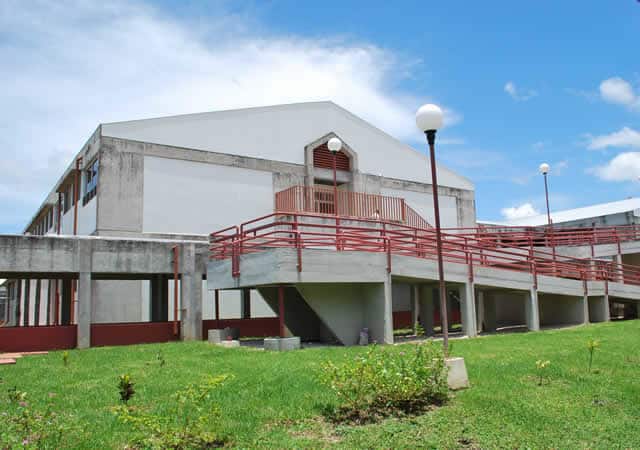Costa Rica’s Social Security System (Caja), which manages the country’s socialized health care system, announced Monday a $42 million plan for infrastructure improvements in Guanacaste province.
The money will finance facilities in Bagaces, Liberia, and Santa Cruz, some of which will begin construction in the first quarter of next year.
Dr. Mario Ruiz Cubillo, medical manager of the Caja, said in a statement that the investment will support the country’s strategy to promote healthy living and will complement efforts to increase the early detection and control of chronic noncommunicable diseases.
According to Casa Presidencial, the financing will be used at the following locations in the Chorotega region, which encompasses much of Guanacaste province:
- Emergency Department at the Enrique Baltodano Briceño Hospital
- Carrillo Type 1 Health Area Headquarters
- Type 1 Health Area Headquarters in Liberia
- Nicoya Type 1 Health Area Headquarters
- Headquarters of EBÁIS Type 1 in La Costa, Carrillos (EBAÍS is a public community health clinic managed by the Social Security System.)
- Headquarters of EBÁIS Type 1 in Guadalupe, Liberia
- Periodic Visit Post in Sabana Grande, Nicoya
- EBÁIS remodeling of Cuajiniquil de La Cruz
- Headquarters of EBÁIS Villa Real, Santa Cruz
- Headquarters of EBÁIS Barrio Unión, Cañas
- Headquarters of EBÁIS Sámara, Nicoya
- Dialysis and palliative care unit module in Cañas
In Liberia, the Enrique Baltodano Briceño Hospital will be equipped with medical devices to provide renal replacement services in peritoneal dialysis and hemodialysis therapies.
A new facility in Santa Cruz will provide comprehensive health care, including emergency services, ultrasound and x-rays and a clinical laboratory.
In Bagaces, the Caja will construct new EBAÍS, or primary health clinics.
Additionally, the Caja said it is offering residents of Cañas, Carrillo and Tilarán tests for early HPV detection, due to Guanacaste province having among Costa Rica’s highest rates of cervical cancer.
Dr. Mario Ruiz said that “no woman” should die from a disease “that is 100% preventable.”






